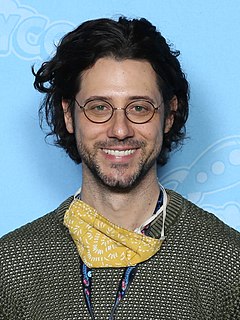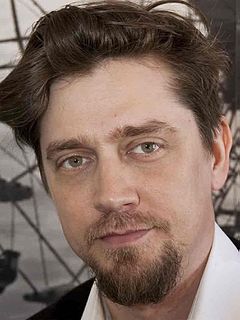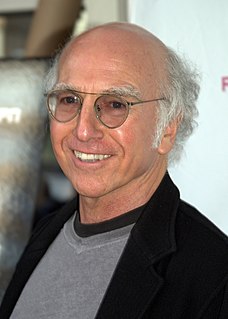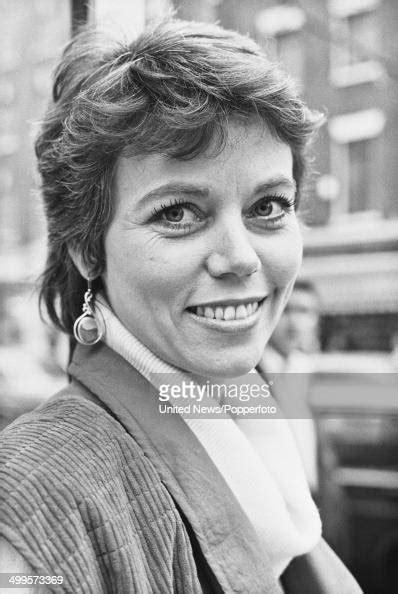A Quote by Neil Postman
Reading is the scourge of childhood because, in a sense, it creates adulthood.
Related Quotes
I thought, "Well, I'm writing about early childhood, so maybe it would make sense to write about late childhood as well, early adulthood." Those were my thoughts, and this was how this crazy book [Winter Journal] was composed. I've never seen a book with pictures like at the end, pictures related to things you've read before.
What do teachers and curriculum directors mean by 'value' reading? A look at the practice of most schools suggests that when a school 'values' reading what it really means is that the school intensely focuses on raising state-mandated reading test scores- the kind of reading our students will rarely, if ever, do in adulthood.
Yeah, we were looking for a way to represent adulthood and the passing into adulthood. And I think, for me personally and a lot of the folks that I work with, childhood is kind of a sacred, special kind of point in time that has a real joy and purity to it. And we sort of long on a daily basis to reach back and kind of grab onto that in some way.
I think I'm still fed by my childhood experience of reading, even though obviously I'm reading many books now and a lot of them are books for children but I feel like childhood reading is this magic window and there's something that you sort of carry for the rest of your life when a book has really changed you as a kid, or affected you, or even made you recognize something about yourself.
I think that young people are less attached to items and objects now. They're less attached to consuming things and accruing things because they see it as a system that doesn't necessarily work and give them a sense of adulthood and fulfillment. They're much more in tune with wanting to achieve a skill, a form of self-expression, or a body of knowledge that fulfills the same function, fulfills their adulthood.



































